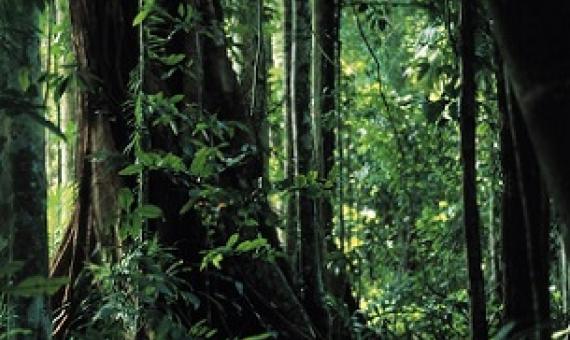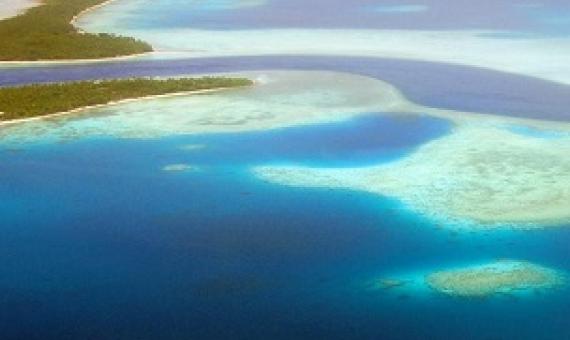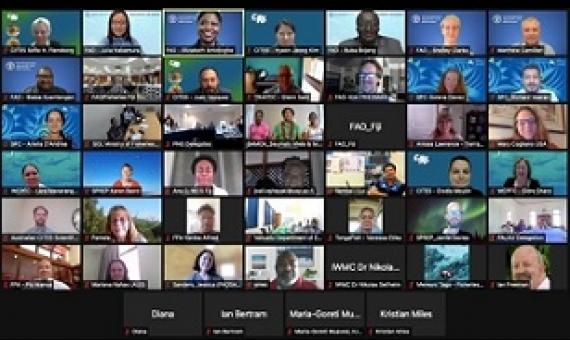Western Sydney University researchers have contributed to a world-first study that estimates there are 73,000 tree species on Earth, including about 9,200 species yet to be discovered, of which 1,500 species are likely to be concentrated in northeast Australia and the Pacific Islands.
Oceanian Sovereignty: rethinking conservation in a sea of islands
In an age of dramatic environmental and ecological challenges, the dynamics of sovereignty associated with the conservation of natural resources in Oceania are in flux. This article draws on the transformative work of Tongan anthropologist and political philosopher Epeli Hau‘ofa to articulate characteristics of an Oceanian Sovereignty that illuminate ongoing conceptual shifts around conservation in this region.
Contemporary Ra¯hui: placing Indigenous, conservation, and sustainability sciences in community-led conservation
Resource sustainability requires recognising and developing pathways to integrate local and Indigenous knowledges alongside conservation and sustainability sciences within management practices and governance. However, knowledge never occurs in a vacuum, and is always mediated by the beliefs, values, or stances towards its possession or use within particular contexts.
The multimedia project Small Island Big Song on Thursday (Dec. 30) released a new 12-track album titled "Our Island," which incorporates ocean sounds and addresses contemporary environmental changes Pacific island countries face.
During a recent meeting of the China-Pacific Island Countries Fishery Cooperation and Development Forum, held in Guangzhou, China, Ma Youxiang, the deputy minister of fisheries at China's Ministry of Agriculture and Rural Affairs, said China stands ready to cooperate on finding solutions to probl
The waters of the Pacific Islands countries (PICs) are home to numerous aquatic species that are listed in the CITES Appendices, and which support livelihoods and economic opportunities for communities in over a dozen Parties to the Convention.
During a U.N. Climate Change Conference session on the Pacific Islands, former President Barack Obama recited a Hawaiian proverb to stress the importance of uniting countries to mitigate the effects of climate change.
An assessment of community-based adaptation initiatives in the Pacific Islands
For the Pacific Islands, community-based adaptation activities are crucial, and yet it remains uncertain whether they are effectively promoting long-term adaptive capacity. Here we evaluate the performance of 32 community-based adaptation initiatives across 20 rural communities in the Pacific.
Conservation of Biodiversity in the Pacific Islands of Oceania: Challenges and Opportunities
Pacific Island biodiversity has a notorious record of decline and extinction which continues due to habitat loss and degradation, invasive species, overexploitation, pollution, disease and human-forced climate change. In terrestrial systems, these global and local pressures are more acute because of relatively small land to sea area, high endemism and poor adaptations to resist predation.
The rest of the world must play its part in slowing climate change and helping island states to adapt to its impacts says Inger Andersen Under-Secretary-General of the United Nations and Executive Director of the UN Environment Programme (UNEP).












